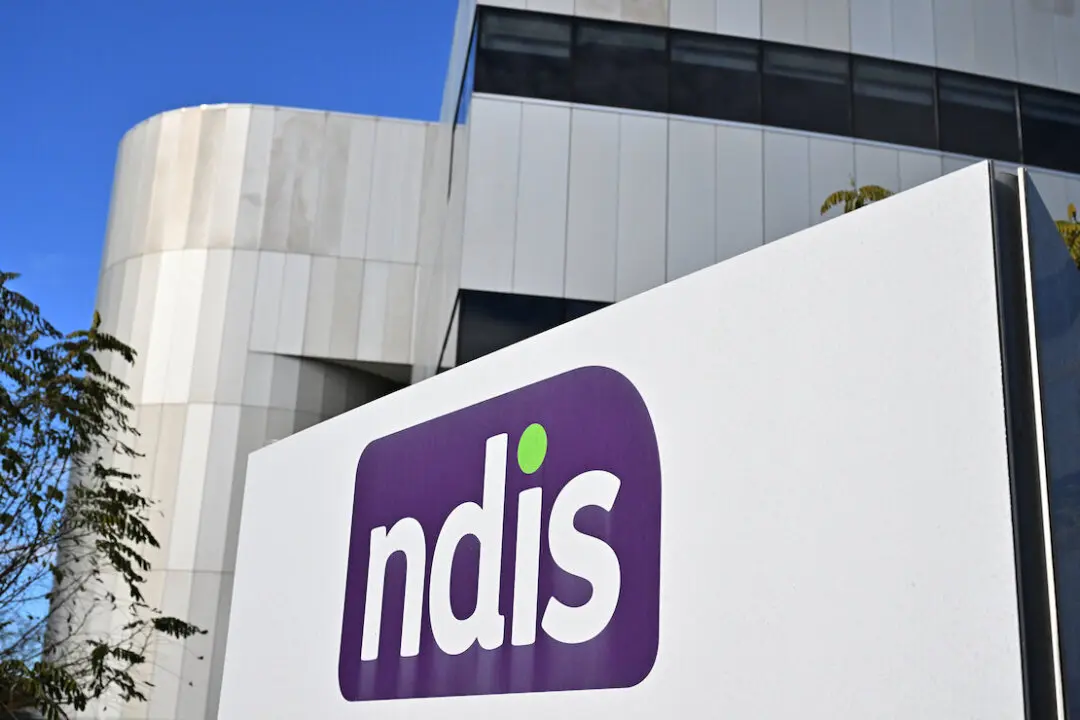With the cost of Australia’s National Disability Insurance Scheme (NDIS) growing at an unsustainable 14 percent a year, the federal government hopes to contain its growth to 8 percent.
That means the “contribution escalation rates” of state and territory governments will increase from 4 percent to be in line with the actual scheme’s growth, now capped at 8 percent.





